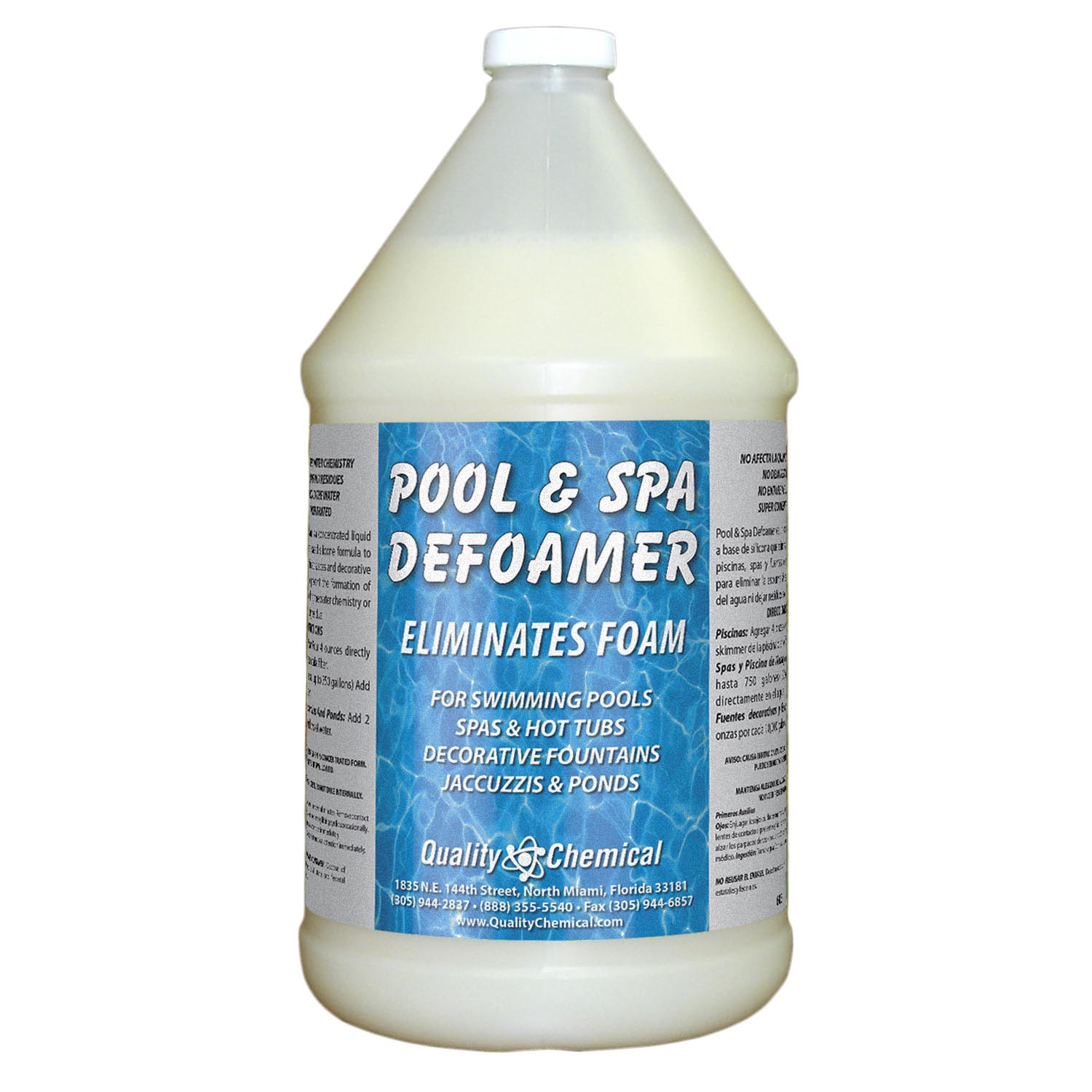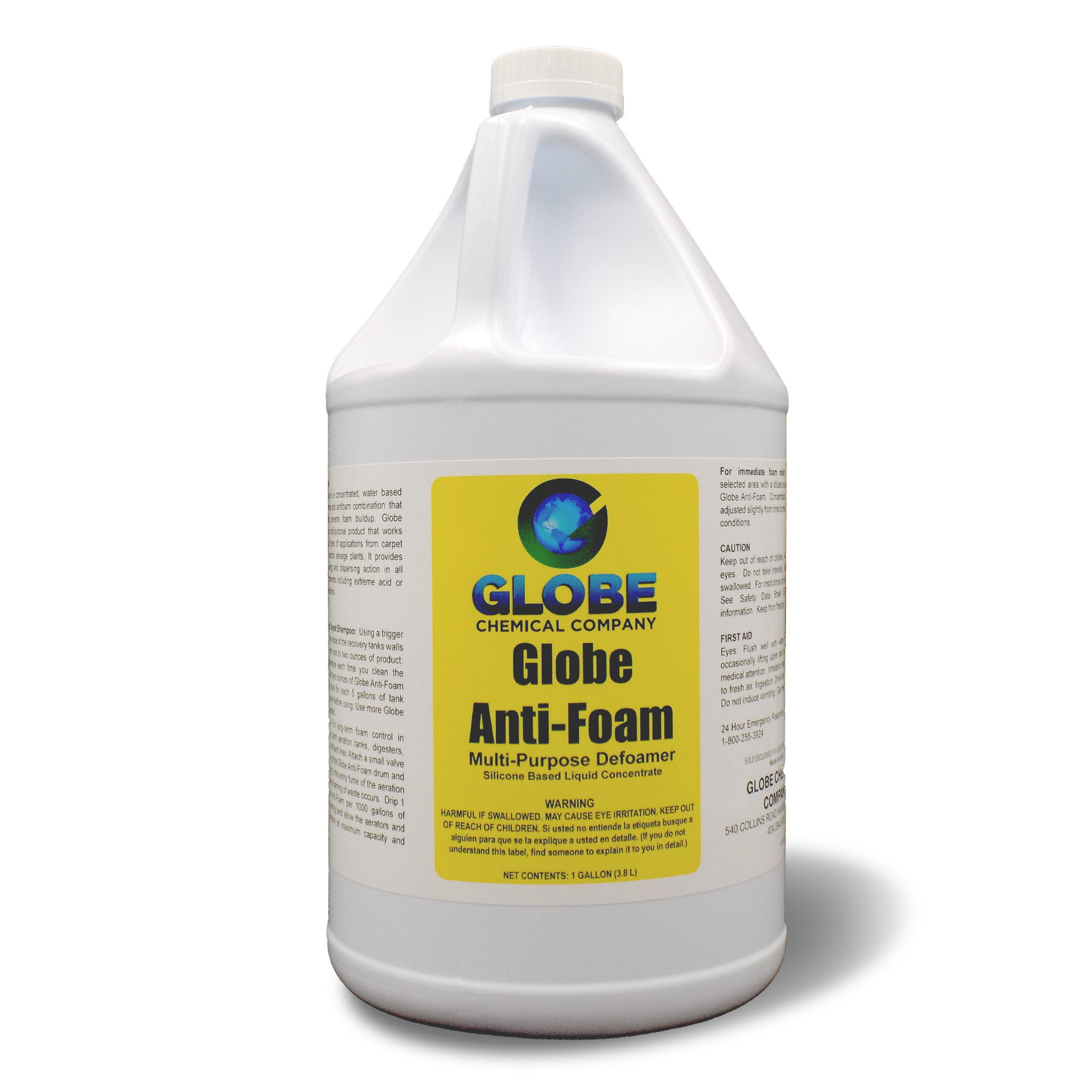Why Selecting a Premium Chemical Defoamer Is Important for Your Business
Why Selecting a Premium Chemical Defoamer Is Important for Your Business
Blog Article
The Relevance of Utilizing a Chemical Defoamer in Numerous Applications
The application of chemical defoamers is a crucial factor to consider across multiple industries, including food processing, wastewater treatment, and pharmaceuticals. These agents play a critical role in mitigating foam development, which can impede effectiveness and compromise item high quality.
Comprehending Foam Development
Foam formation is a complex physical sensation that happens when gas bubbles are trapped within a fluid matrix, leading to the production of a stable structure. This procedure can be influenced by numerous aspects, including the thickness of the fluid, the surface area tension at the gas-liquid interface, and the existence of surfactants. Surfactants lower the surface area tension, advertising bubble creation and stabilization, which commonly causes the formation of foam in lots of commercial processes.
Foams are typically run into in applications such as food manufacturing, wastewater therapy, and chemical production. In these contexts, foam can act as an insulator, disrupt mixing processes, or prevent the effectiveness of tools. The stability of foam is established by the balance between the pressures acting to support the bubbles and those that promote their collapse.
Comprehending the technicians of foam development is important for properly managing its existence in numerous systems. By understanding the underlying principles, sectors can develop techniques to minimize unwanted lathering, thus improving operational efficiency and product high quality. This fundamental understanding works as a forerunner to discovering the energy of chemical defoamers, which particularly resolve foam-related challenges in many applications.
Advantages of Chemical Defoamers
Chemical defoamers supply substantial benefits throughout various markets by efficiently managing and decreasing foam development. By lessening foam, chemical defoamers assist preserve ideal production rates and minimize downtime connected with foam administration.
Furthermore, chemical defoamers contribute to improved product top quality. Frothing commonly causes variances in formulations, which can detrimentally impact the last product. By controlling foam degrees, defoamers guarantee uniformity, thereby enhancing the total top quality of the outcome.
Cost-effectiveness is an additional remarkable advantage (Chemical Defoamer). By lowering the quantity of resources needed for production and reducing waste, chemical defoamers can lead to considerable savings. They often permit for decreased power usage, as processes can run extra efficiently and require much less intervention.
Applications in Food Handling
In the food handling industry, reliable management of foam is important to make sure both product quality and functional efficiency. Foam can conflict with various procedures, from mixing and blending to packaging, bring about decreased yields and prospective contamination. Chemical defoamers play a crucial duty in alleviating these issues by rapidly damaging down foam, permitting smoother procedures and enhanced product consistency.
In applications such as milk processing, defoamers stop excess foam formation throughout the manufacturing of cheese, milk, and yogurt, which can disrupt machinery and impact the appearance of the final product. Likewise, in brewing and fermentation processes, foam control is essential to maintain the integrity of the drink and guarantee optimum fermentation rates.
In addition, chemical defoamers are used in food sauces, dressings, and emulsions to boost the security and look of the final products. By reducing Source foam during manufacturing, manufacturers can accomplish much better blending and diffusion of components, resulting in exceptional high quality. Generally, the unification of chemical defoamers in food handling is essential for keeping performance, top quality, and safety and security in food manufacturing.
Duty in Wastewater Treatment
Efficient foam monitoring is just as crucial in wastewater therapy procedures, where extreme foam can hinder procedures and make complex the therapy of effluents. In lots of wastewater therapy centers, foam can form as an outcome of organic you could try here task, surfactants, or other organic materials existing in the influent. This foam can result in a series of functional obstacles, consisting of lowered treatment effectiveness, boosted maintenance requirements, and potential regulatory compliance issues.
Chemical defoamers play a crucial role in mitigating these obstacles. By decreasing the surface tension of the fluid, defoamers advertise the collapse of foam structures, hence helping with smoother procedure of devices such as oygenation tanks and clarifiers. Their prompt application aids preserve optimal hydraulic conditions, improving the total effectiveness of solids splitting up procedures.

Influence on Drug Manufacturing
Foam control is critical in pharmaceutical manufacturing, where the visibility of extreme foam can interrupt producing processes and compromise product quality (Chemical Defoamer). The development of foam during various stages, such as mixing, mixing, and fermentation, can bring about inefficient mixing, inadequate heat transfer, and even tools damages. These concerns not only cause functional hold-ups however can also cause considerable monetary losses and impact compliance with stringent governing requirements
Chemical defoamers are specifically created to alleviate these difficulties. By efficiently reducing foam development, they enhance process efficiency and discover here keep the stability of the end product. In particular, defoamers make sure consistent dosage kinds, improve the stability of suspensions and emulsions, and simplify cleansing processes by avoiding foam build-up in devices.
Furthermore, making use of defoamers can optimize the yield of energetic pharmaceutical components (APIs) by promoting better extraction and purification procedures. As pharmaceutical business strive to improve product high quality while minimizing production prices, the duty of chemical defoamers ends up being progressively crucial - Chemical Defoamer. Their unification right into producing procedures not just supports conformity with Good Production Practices (GMP) but additionally fosters technology and competitiveness in a swiftly progressing industry

Conclusion

Chemical defoamers use considerable advantages throughout various markets by effectively regulating and minimizing foam development. By lessening foam, chemical defoamers aid preserve optimum manufacturing prices and decrease downtime linked with foam management. Chemical defoamers play an essential role in mitigating these problems by promptly breaking down foam, permitting for smoother operations and improved product consistency.
Reliable foam management is similarly important in wastewater treatment processes, where too much foam can impede procedures and make complex the treatment of effluents.Foam control is vital in pharmaceutical production, where the presence of extreme foam can interfere with making processes and compromise item top quality.
Report this page